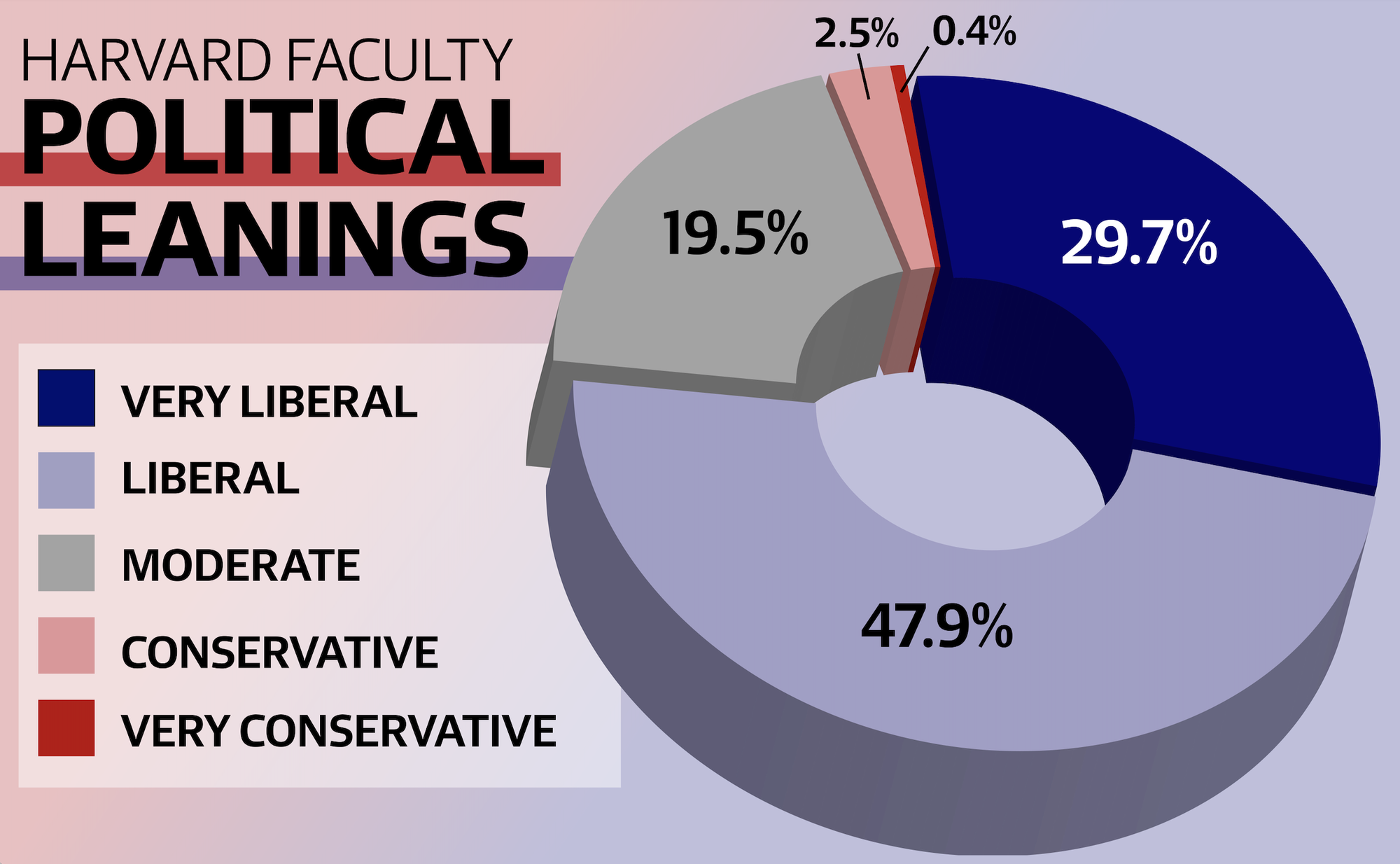Reforming Harvard: A Conservative Approach

Table of Contents
Fiscal Responsibility and Reining in Spending at Harvard
The exorbitant cost of a Harvard education is a major barrier for many aspiring students. A conservative approach emphasizes fiscal responsibility and demands a thorough examination of Harvard's spending habits.
Addressing the High Cost of Tuition
Harvard's high tuition significantly impacts accessibility to higher education. A conservative approach advocates for several reforms:
- Increased Transparency in Spending: Harvard should publicly detail its budgetary allocations, allowing for greater scrutiny and accountability.
- Merit-Based Financial Aid: A shift towards merit-based aid, rewarding academic excellence and potential, can incentivize academic achievement and better allocate limited resources.
- Endowment Management Reform: Harvard's substantial endowment should be managed more efficiently, maximizing returns and minimizing unnecessary expenditures. A more conservative investment strategy, focusing on long-term stability and growth, could significantly increase available funds for financial aid and other crucial initiatives.
Examples from other universities, such as the University of Texas at Austin's innovative financial aid programs, demonstrate successful cost-saving measures without compromising academic excellence. The current financial burden on students and families, illustrated by the increasing reliance on student loans and the growing national debt crisis related to higher education, underscores the urgent need for reform.
Efficient Resource Allocation and Administrative Overhead
Harvard's administrative structure is often criticized for its size and cost. A conservative approach advocates for streamlining administrative processes and reducing unnecessary bureaucracy.
- Consolidating Departments: Merging overlapping departments and eliminating redundant positions can lead to substantial cost savings.
- Technology Optimization: Investing in technology to automate administrative tasks and improve efficiency can reduce personnel costs and improve overall operational efficiency.
- Benchmarking Against Peer Institutions: Comparing Harvard's administrative costs to those of similar institutions can identify areas for improvement and cost reduction.
By analyzing administrative costs at comparable universities, Harvard can identify areas where it can achieve greater efficiency without sacrificing quality. This approach reflects a conservative emphasis on prudent resource management and maximizing value for money.
Fostering Free Speech and Intellectual Diversity on Campus
A hallmark of a truly great university is the robust exchange of ideas, regardless of political affiliation. However, concerns persist regarding the suppression of conservative voices at Harvard.
Protecting Conservative Voices and Perspectives
Instances of perceived censorship and the silencing of conservative viewpoints are a serious concern. A conservative approach advocates for:
- Clear Free Speech Policies: Harvard should adopt and rigorously enforce clear and comprehensive free speech policies that protect all viewpoints, even those considered controversial.
- Improved Campus Climate Initiatives: Programs promoting respectful dialogue and understanding between students with differing political beliefs are crucial.
- Inviting Diverse Speakers: Harvard should actively invite speakers representing a broad range of perspectives, including those often excluded from campus discourse.
Viewpoint diversity is essential for a vibrant intellectual environment. Protecting conservative voices ensures a more robust and balanced exchange of ideas, leading to a richer learning experience for all students.
Combating Political Polarization and Promoting Civil Discourse
The increasing political polarization on college campuses hinders productive discussions. A conservative approach emphasizes:
- Structured Debates and Forums: Creating platforms for structured debates and discussions, moderated by neutral parties, can foster respectful dialogue.
- Civil Discourse Workshops: Workshops focusing on effective communication and respectful disagreement can equip students with the skills to engage in productive conversations.
- Common Ground Initiatives: Focusing on shared values and goals can help bridge the divide between students with differing political viewpoints.
These initiatives can help mitigate the negative effects of political polarization and cultivate a campus culture that values civil discourse and intellectual engagement.
Strengthening the Curriculum: A Focus on Traditional Values and Western Civilization
A conservative approach emphasizes a curriculum that provides a balanced and comprehensive education.
Re-evaluating Curriculum Bias and Promoting a Balanced Education
Critics argue that Harvard's curriculum exhibits a liberal bias, neglecting important conservative perspectives. A conservative approach suggests:
- Curriculum Review Boards: Establishing diverse curriculum review boards can ensure a balanced representation of viewpoints across disciplines.
- Incorporating Conservative Thinkers: Including works by prominent conservative thinkers and scholars in various academic departments can provide students with a wider range of perspectives.
- Balanced Historical Narratives: Presenting historical events and figures from multiple perspectives, avoiding overly simplistic or biased interpretations, is crucial for a well-rounded education.
This balanced approach will enrich the learning experience and equip students with a deeper understanding of complex issues.
Promoting Character Development and Civic Engagement
A strong emphasis on character development and civic responsibility is crucial for cultivating responsible citizens. A conservative approach advocates for:
- Ethics Courses: Introducing mandatory ethics courses across various disciplines can foster critical thinking and ethical decision-making skills.
- Leadership Programs: Developing robust leadership programs can cultivate responsible leadership skills and promote civic engagement.
- Community Service Initiatives: Integrating community service into the curriculum can promote a sense of social responsibility and cultivate civic engagement.
These initiatives are vital for fostering responsible citizens who are prepared to contribute meaningfully to society.
Conclusion: A Conservative Vision for Harvard's Future
This article has argued that a conservative approach offers crucial solutions to the challenges facing Harvard. By prioritizing fiscal responsibility, fostering free speech and intellectual diversity, and strengthening the curriculum with a focus on traditional values, Harvard can reaffirm its commitment to academic excellence and its role as a leading institution of higher education. The proposals outlined – from increased transparency in spending to the promotion of civil discourse and a balanced curriculum – are vital steps toward creating a more vibrant and inclusive learning environment. Let's work together to implement a conservative approach to reforming Harvard and ensuring a brighter future for higher education.

Featured Posts
-
 Discover The Countrys Top New Business Locations
Apr 26, 2025
Discover The Countrys Top New Business Locations
Apr 26, 2025 -
 Los Angeles Wildfires And The Gambling Industry A Concerning Connection
Apr 26, 2025
Los Angeles Wildfires And The Gambling Industry A Concerning Connection
Apr 26, 2025 -
 5 Key Dos And Don Ts To Succeed In The Private Credit Market
Apr 26, 2025
5 Key Dos And Don Ts To Succeed In The Private Credit Market
Apr 26, 2025 -
 Exclusive Pentagon Chaos Shakes Pete Hegseth Amidst Polygraph Threats And Leaks
Apr 26, 2025
Exclusive Pentagon Chaos Shakes Pete Hegseth Amidst Polygraph Threats And Leaks
Apr 26, 2025 -
 A Rural Schools Story 2700 Miles From Dc And The Impact Of Trumps Policies
Apr 26, 2025
A Rural Schools Story 2700 Miles From Dc And The Impact Of Trumps Policies
Apr 26, 2025
